Philosophical Fiction
Philosophical Fiction uses narrative to explore deep philosophical questions about life, ethics, and human nature.
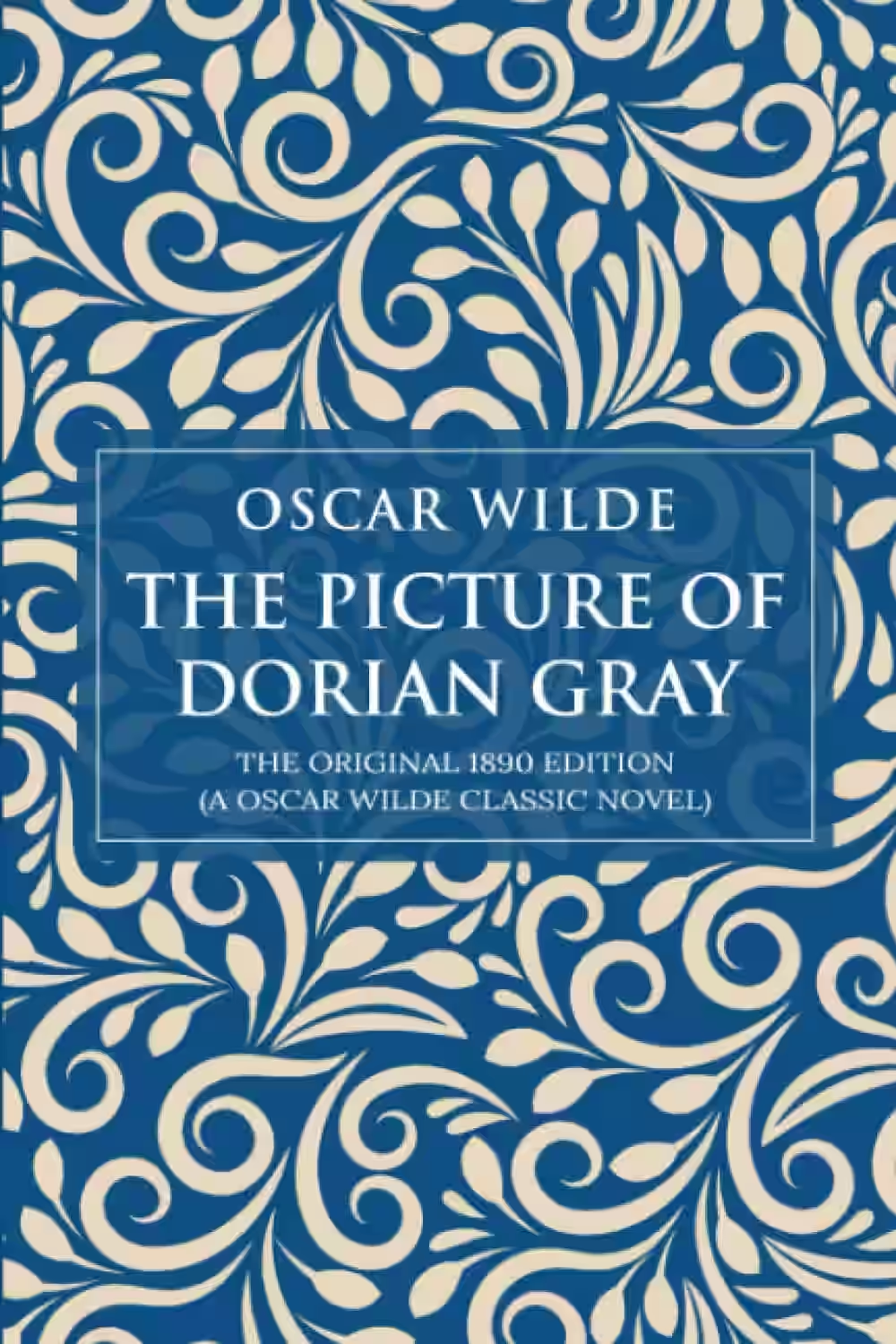
The Picture of Dorian Gray
by Oscar Wilde
This Victorian Gothic novel tells the story of a beautiful young man who trades his soul for eternal youth while his portrait ages and grows increasingly hideous with each of his sins. As Dorian pursues a life of hedonism and corruption, the novel explores themes of art, beauty, morality, and the nature of the soul.
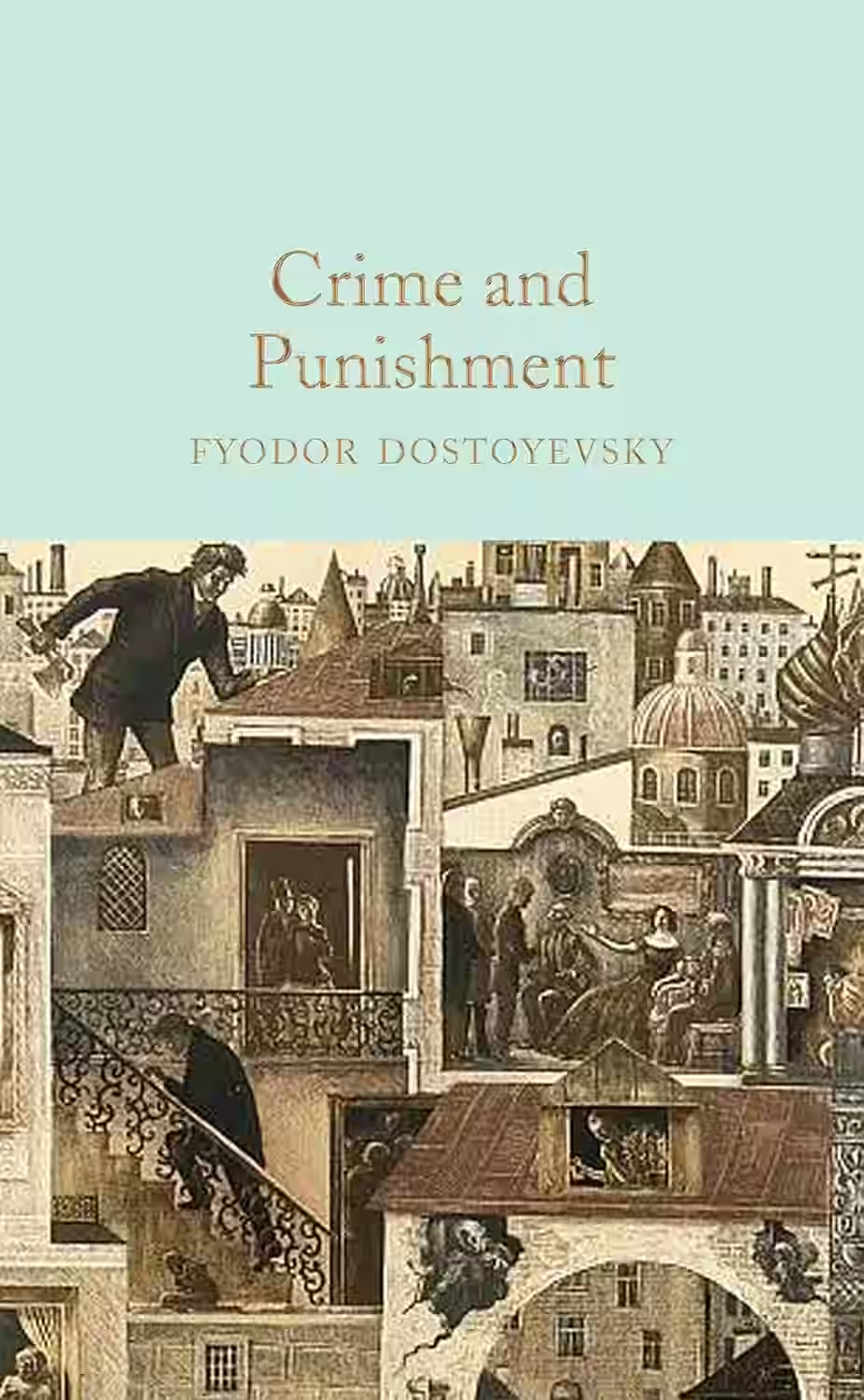
Crime and Punishment
Fyodor Dostoevsky’s Crime and Punishment is a psychological and philosophical novel that follows Raskolnikov, a destitute student in St. Petersburg who murders a pawnbroker. Haunted by guilt and moral conflict, he undergoes a mental and spiritual descent, questioning the nature of justice, free will, and redemption. The novel probes the consequences of rationalizing crime and challenges utilitarian ethics. With intense character study and existential depth, it remains a cornerstone of Russian literature and a profound meditation on conscience and punishment.
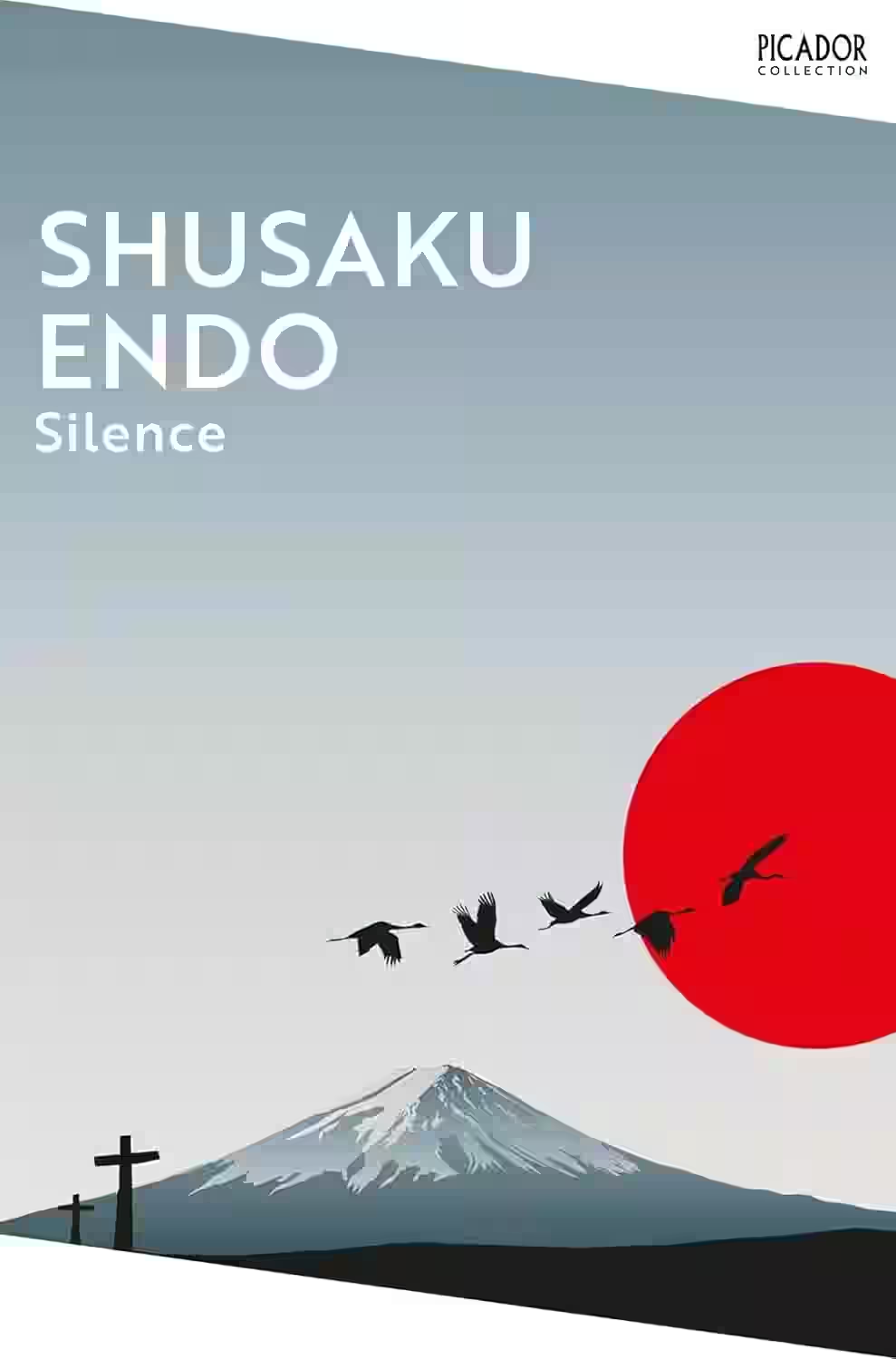
Silence
by Shusaku Endo
Set in 17th-century Japan, Silence follows Portuguese Jesuit priest Sebastião Rodrigues as he searches for his mentor, rumored to have renounced his faith under persecution. Rodrigues confronts the brutal suppression of Christianity and grapples with the silence of God amid suffering. The novel delves into themes of faith, apostasy, and cultural conflict, presenting a profound exploration of spiritual endurance and the complexities of missionary work in hostile environments.
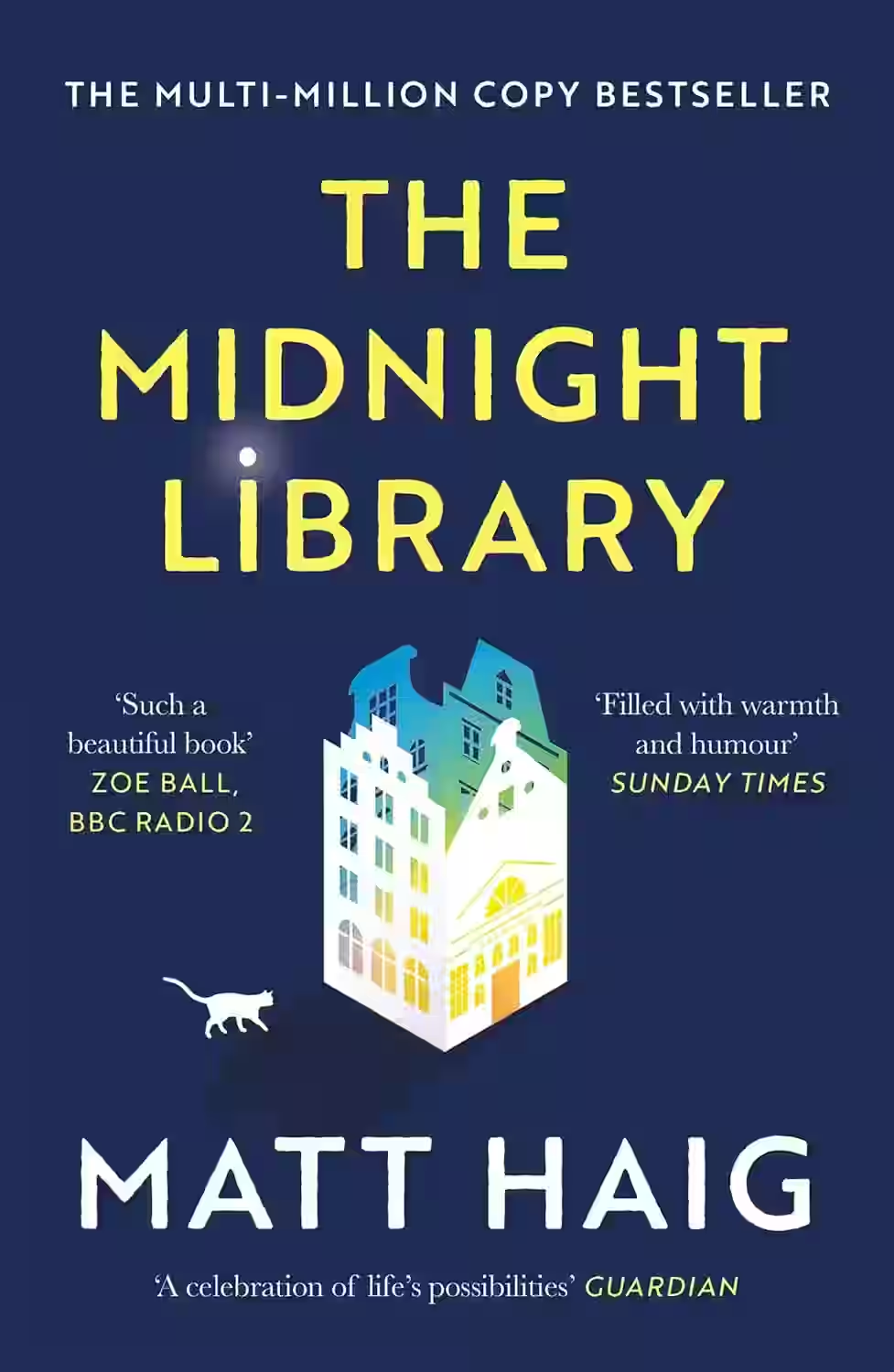
The Midnight Library
by Matt Haig
Between life and death, Nora Seed finds herself in a vast library where each book represents a different version of her life had she made different choices. As she explores these alternate lives, she confronts questions about regret, fulfillment, and what makes a life worth living, all while racing against time to decide her ultimate fate.

Candide
by Voltaire
Voltaire’s satirical novella follows the optimistic Candide as he travels the world facing war, disaster, and betrayal. Guided by the philosophy that “all is for the best,” Candide endures misfortunes that challenge this belief. A biting critique of blind optimism, religious hypocrisy, and societal corruption, Candide blends absurdity and wit with Enlightenment-era commentary. It remains a seminal work in Western literature for its sharp humor and philosophical depth.
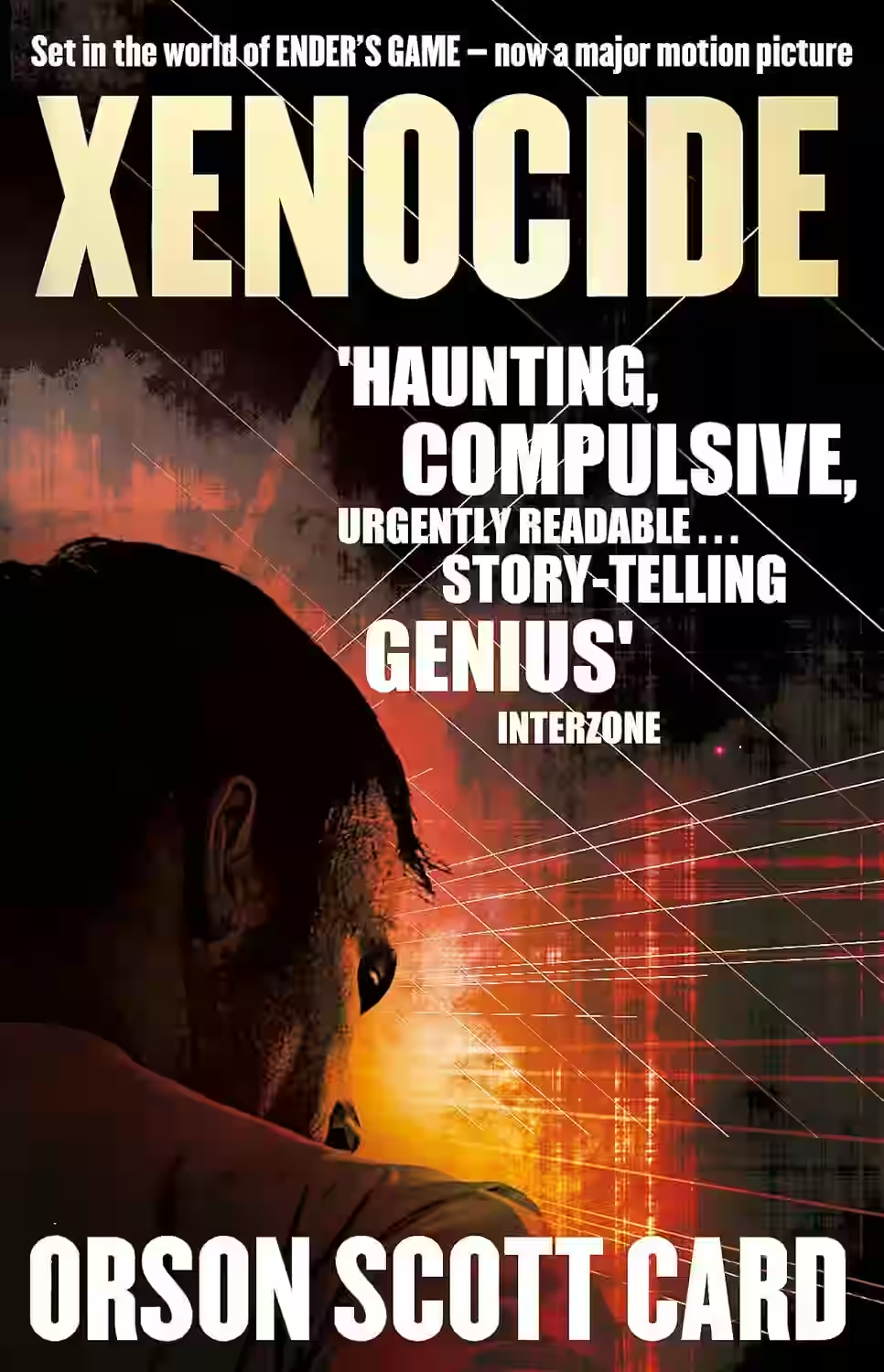
Xenocide
Series: Ender Quintet (#3)
In Orson Scott Card's 'Xenocide,' the third installment of the Ender's Game series, readers are once again thrust into a complex world filled with moral dilemmas, interstellar politics, and the clash of different cultures. The story follows Ender Wiggin as he navigates the intricate web of relationships and conflicts among humans, Pequeninos, and the mysterious alien species known as the descoladores. Themes of empathy, communication, and the consequences of xenophobia are masterfully woven throughout the narrative, challenging readers to question their own beliefs and prejudices. 'Xenocide' is a thought-provoking exploration of identity, redemption, and the price of survival in a vast and unforgiving universe.
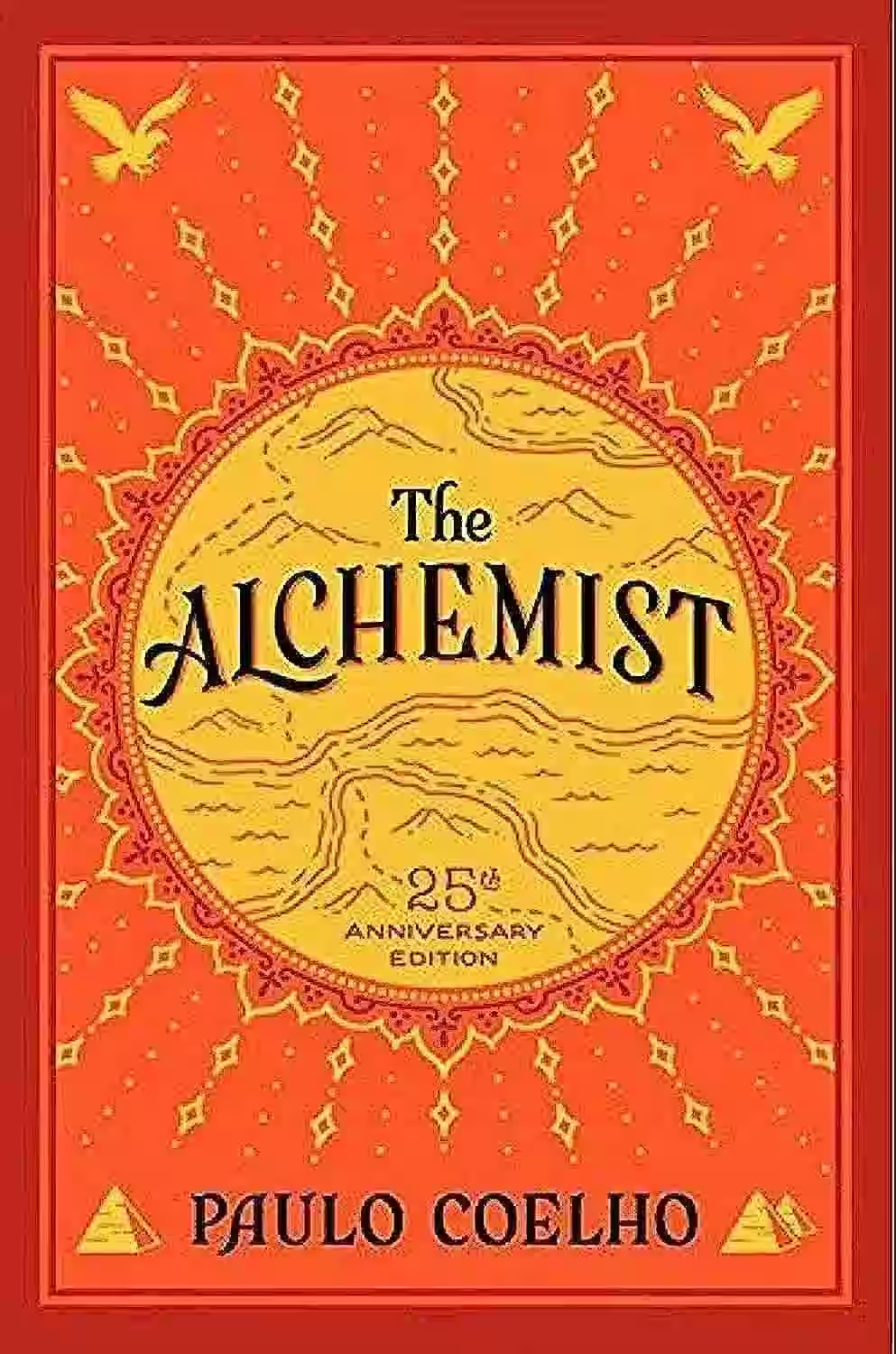
The Alchemist
by Paulo Coelho
The Alchemist by Paulo Coelho is a philosophical novel that follows the journey of Santiago, a young Andalusian shepherd who dreams of discovering a hidden treasure near the Egyptian pyramids. Guided by mysterious omens and encounters with symbolic characters like a king, an alchemist, and a desert woman named Fatima, Santiago learns that the true treasure lies in the pursuit of one’s “Personal Legend.” Blending mysticism, spiritual wisdom, and simple storytelling, Coelho’s novel inspires readers to listen to their hearts, follow their dreams, and trust the journey. It’s a timeless fable about purpose, destiny, and the transformative power of faith.

The Razor's Edge
In W. Somerset Maugham's classic novel "The Razor's Edge," readers are taken on a journey following the life of Larry Darrell, a World War I veteran in search of meaning and truth. The story delves into themes of spiritual enlightenment, personal growth, and the pursuit of one's essence. Through vibrant characters and rich narration, Maugham skillfully weaves a narrative that explores the societal constraints of the time and the individual quest for authenticity. Set against the backdrop of post-war uncertainty, the novel paints a poignant picture of self-discovery and the different paths one may take in the pursuit of happiness and fulfillment.
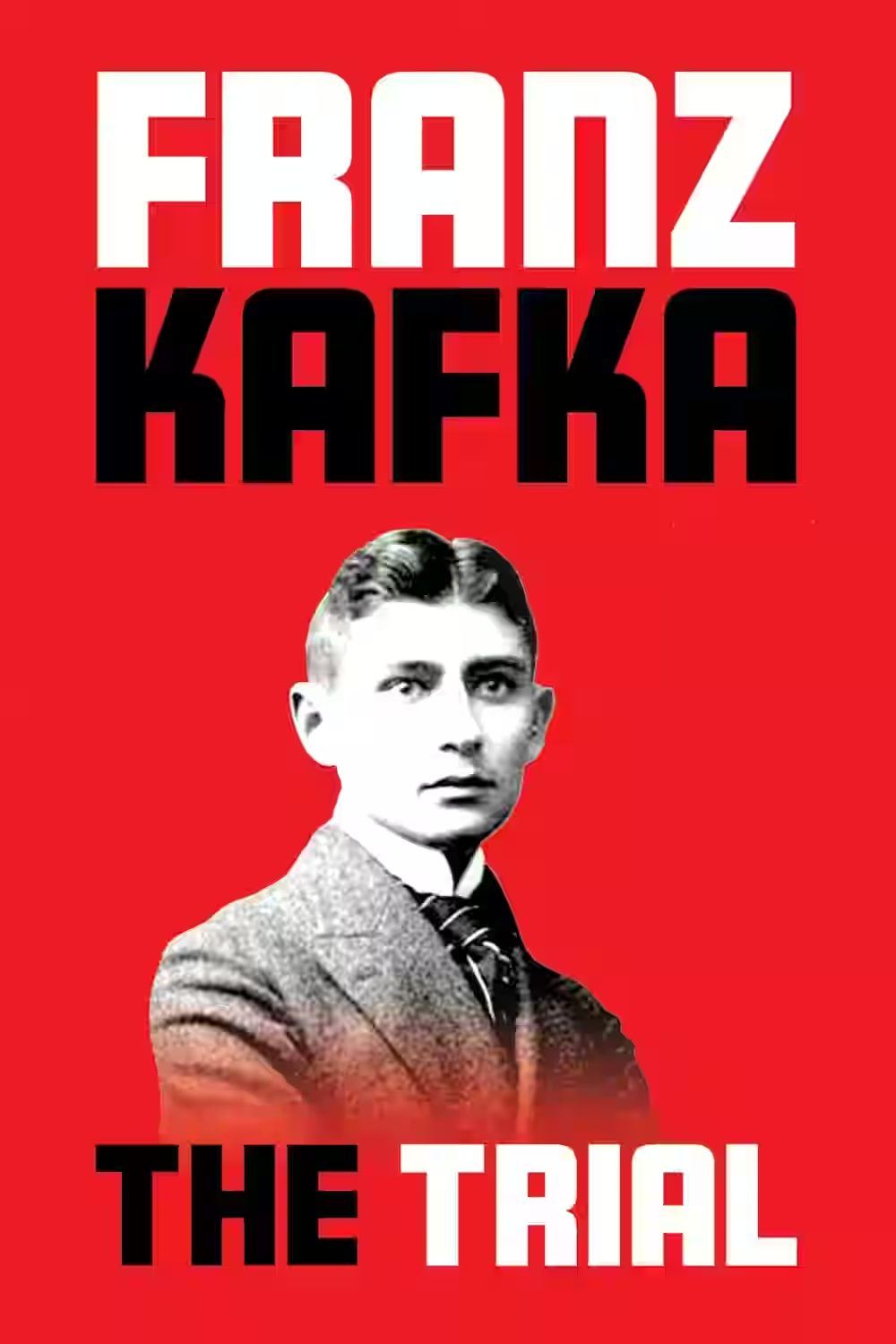
The Trial
by Franz Kafka
In Franz Kafka's 'The Trial,' readers are drawn into a haunting narrative that delves into themes of bureaucracy, alienation, and the absurdity of the legal system. The story follows Josef K., who is arrested and prosecuted by a mysterious court for a crime that is never disclosed. As he navigates a surreal and nightmarish world where he is confronted by elusive authorities and intricate procedures, Josef K.'s futile search for truth and justice mirrors the existential struggles of modern society. Kafka's enigmatic and atmospheric writing style captivates readers, leaving them pondering the nature of guilt, power, and the individual's place in a dehumanizing society.
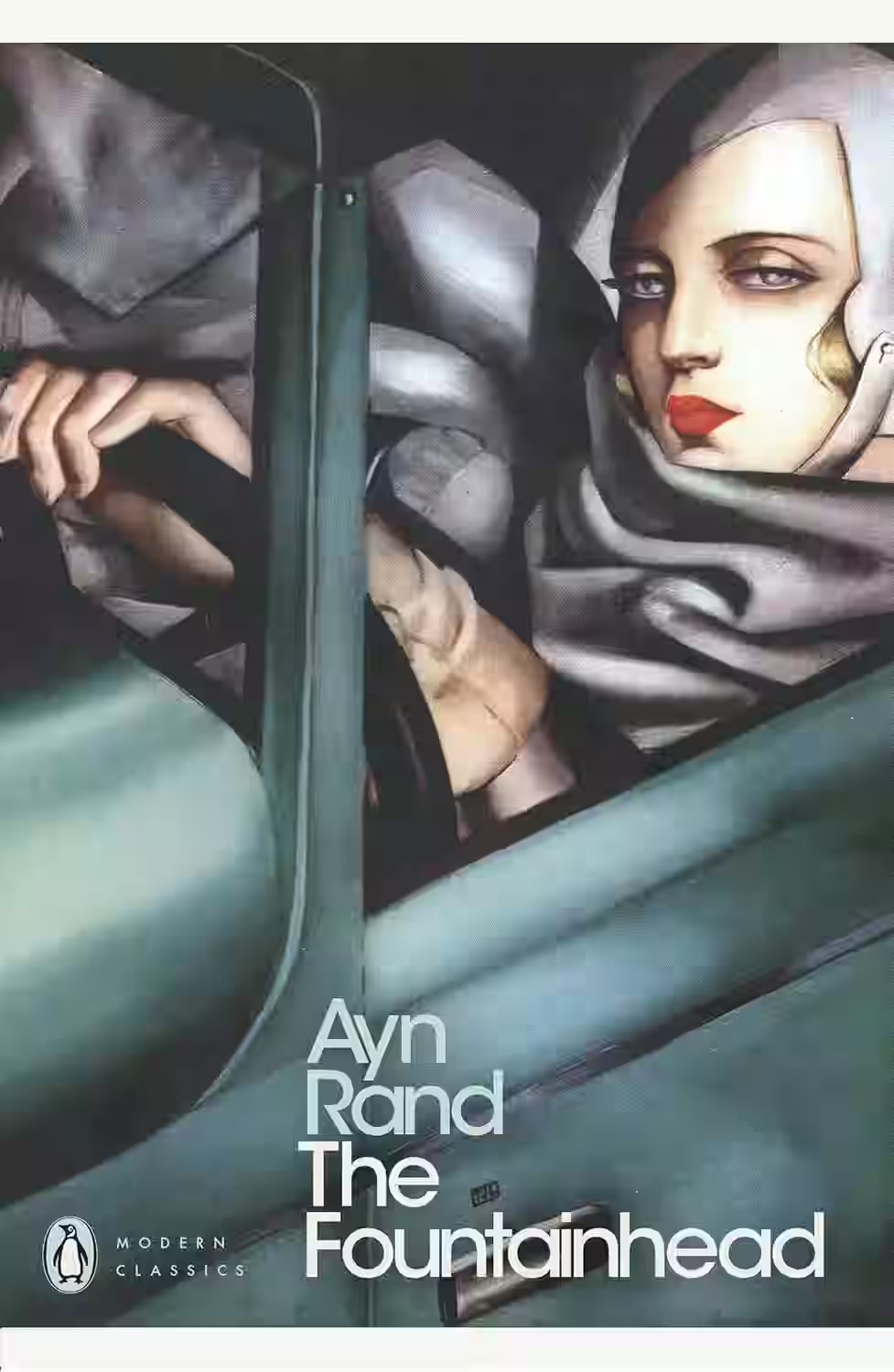
The Fountainhead
by Ayn Rand
Ayn Rand's 'The Fountainhead' is a gripping exploration of individualism, integrity, and the conflict between societal norms and personal identity. The story follows Howard Roark, an innovative architect who refuses to compromise his ideals for traditional expectations, facing immense opposition as he challenges conventional views of success and conformity. Through Roark's unwavering determination and philosophical integrity, Rand delves into themes of independence, creativity, and the struggle for authenticity in a conformist society. 'The Fountainhead' is a thought-provoking and controversial novel that continues to spark discussions on the value of individualism and the pursuit of one's true calling.
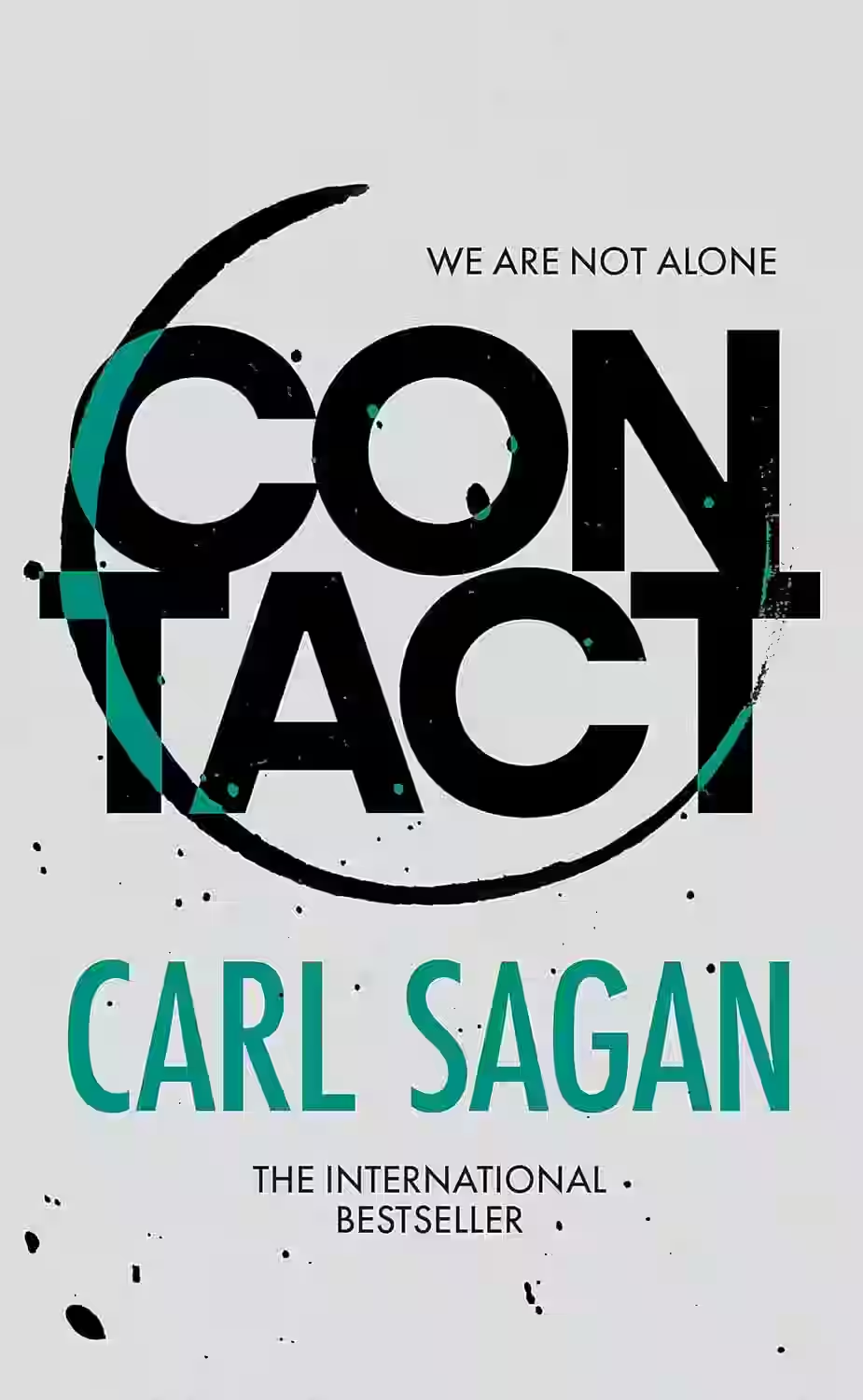
Contact
by Carl Sagan
In Carl Sagan's thought-provoking novel 'Contact,' readers are taken on an exhilarating journey through space exploration, science, and the age-old question of humanity's place in the universe. The story follows Dr. Ellie Arroway, a passionate and dedicated scientist who makes contact with extraterrestrial beings through a mysterious signal from the star Vega. As Ellie navigates the complexities of politics, religion, and the unknown, she embarks on a quest for truth that challenges her beliefs and the very fabric of reality. 'Contact' seamlessly weaves together science and philosophy, offering a captivating narrative that explores the boundless curiosity of the human spirit.
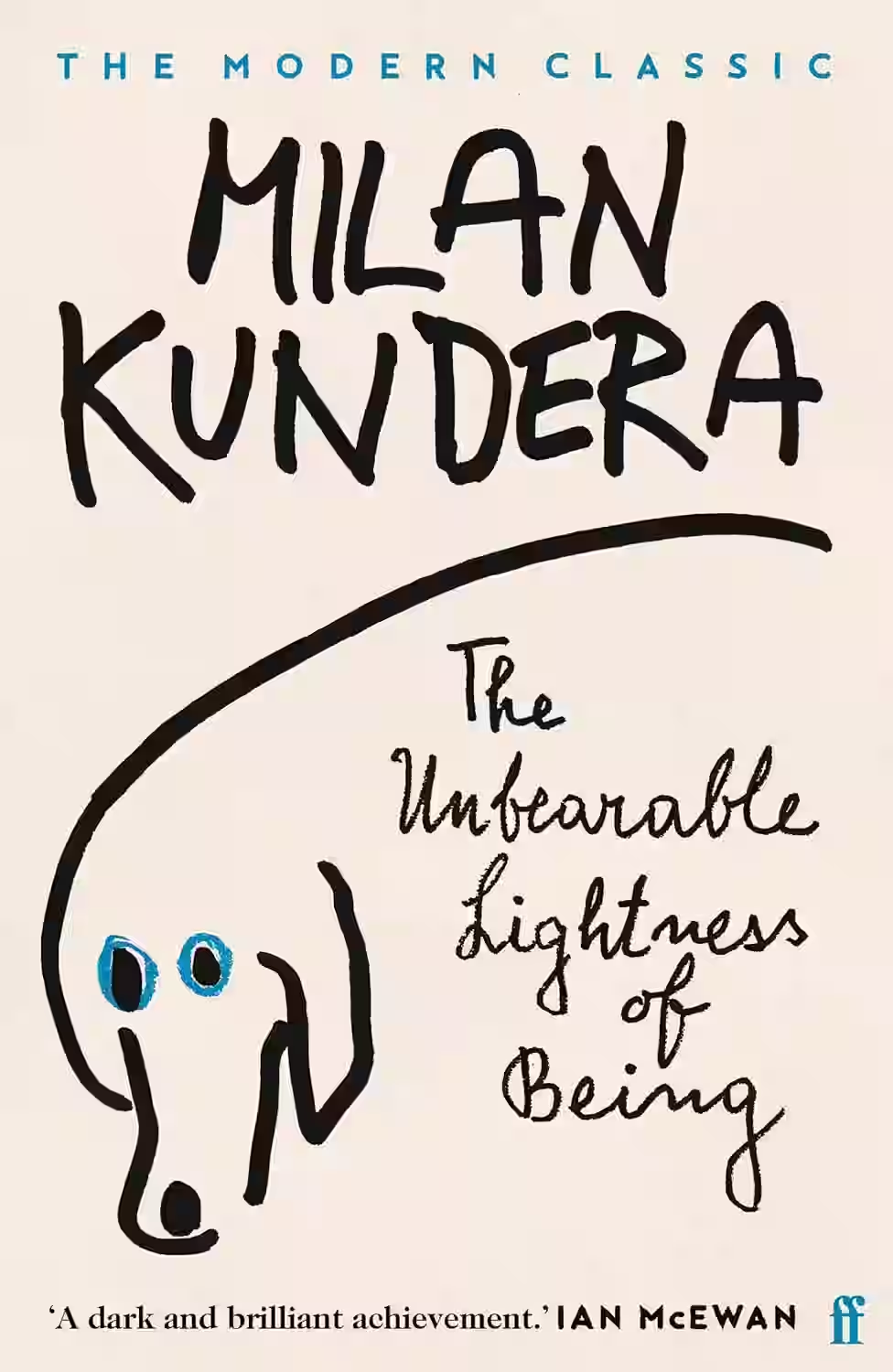
The Unbearable Lightness of Being
Milan Kundera's 'The Unbearable Lightness of Being' is a philosophical novel that delves into the complexities of love, politics, and existentialism. Set against the backdrop of 1968 Prague Spring, the story follows the intertwined lives of four characters as they navigate relationships, desires, and the weight of their decisions. Kundera explores the concept of 'lightness' and 'heaviness' in life, questioning the meaning and consequences of our actions. Through beautifully crafted prose and thought-provoking ideas, the novel provokes readers to contemplate the nature of existence and the pursuit of authenticity. A timeless masterpiece that leaves a lasting impact on anyone who delves into its pages.
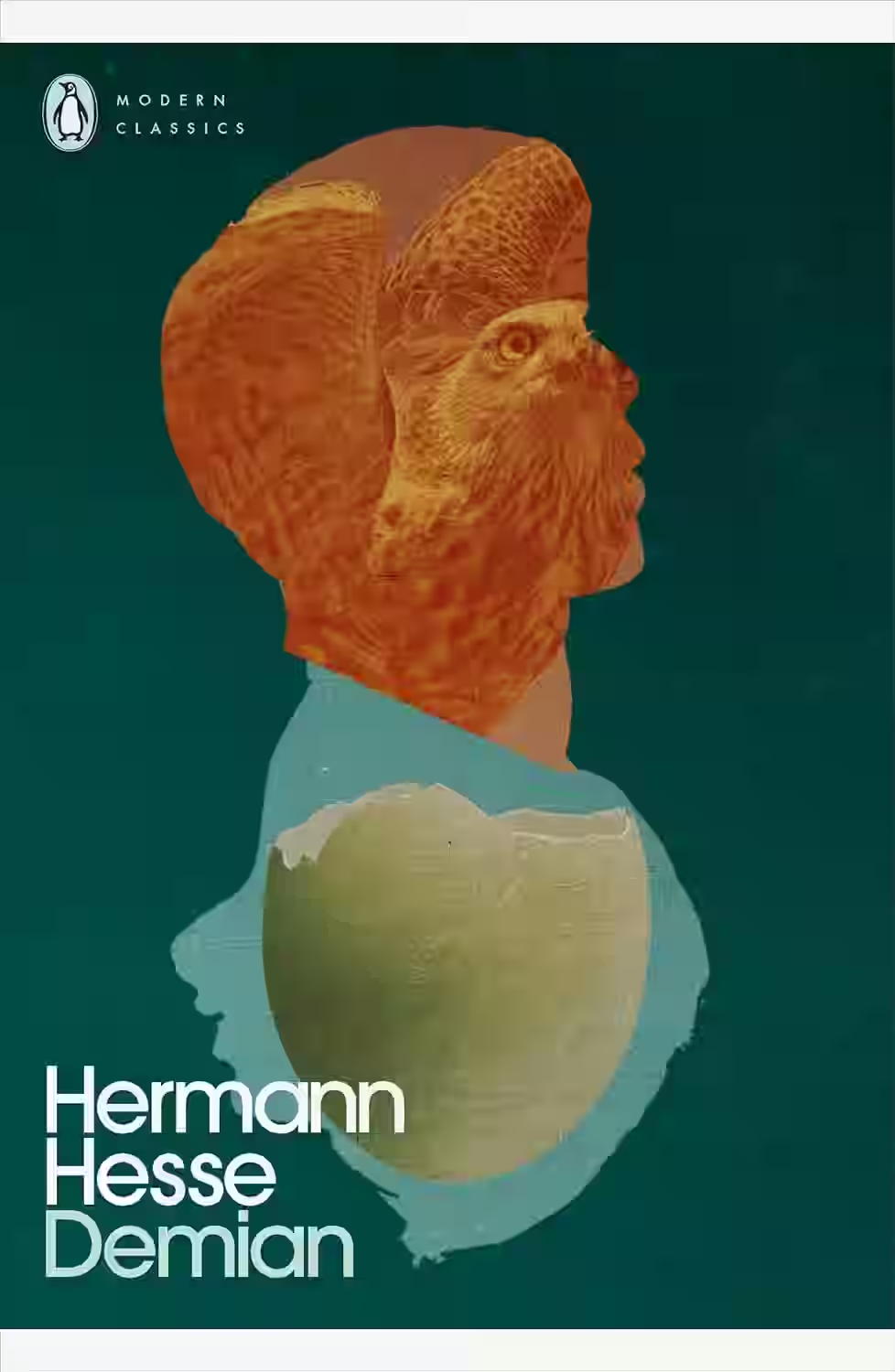
Demian
Hermann Hesse's 'Demian' is a captivating coming-of-age novel that delves into the internal struggles and spiritual awakening of the protagonist, Emil Sinclair. Set in pre-World War I Germany, the story follows Sinclair's journey of self-discovery as he navigates the complexities of societal norms, morality, and his own inner darkness. Through his friendship with the enigmatic Max Demian, Sinclair confronts his conflicting desires and confronts the concept of duality within himself. Hesse masterfully weaves themes of individuation, rebellion against conformity, and the search for one's true self in this profound and introspective work.
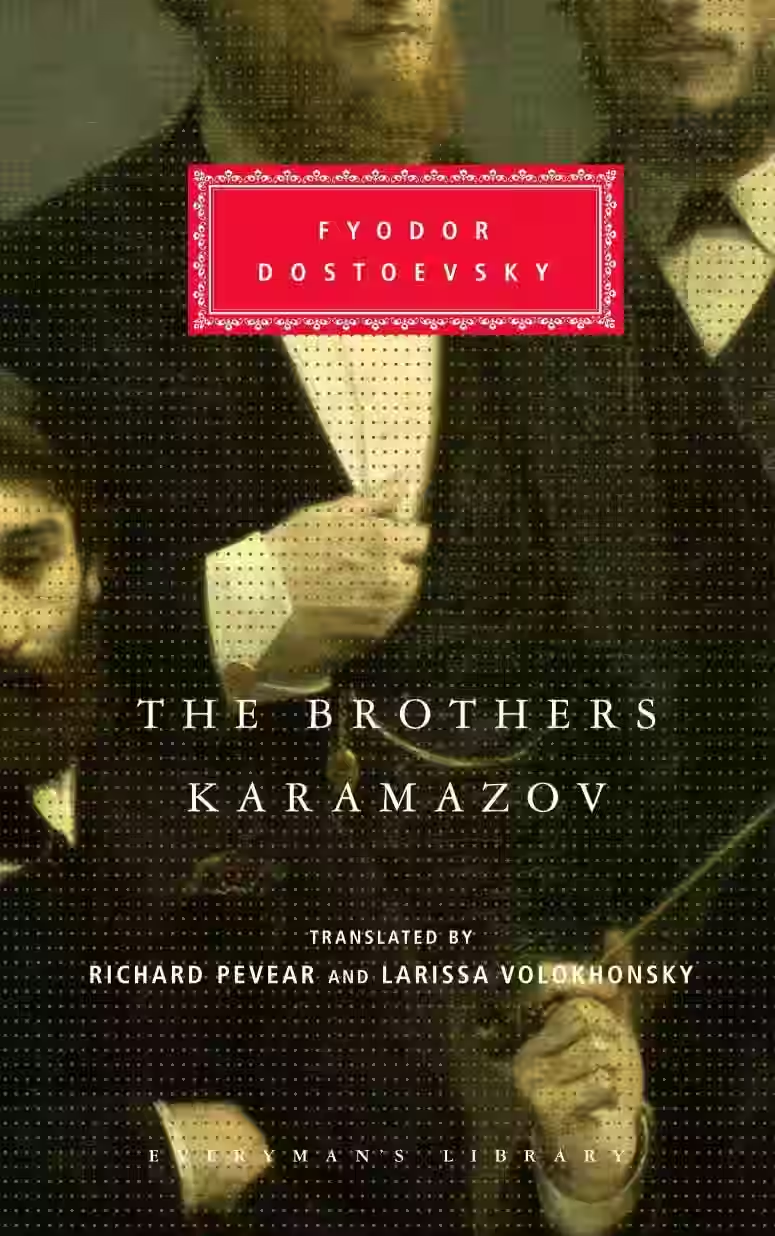
The Brothers Karamazov
The murder of brutal landowner Fyodor Karamazov changes the lives of his sons irrevocably: Mitya, the sensualist, whose bitter rivalry with his father immediately places him under suspicion for parricide; Ivan, the intellectual, driven to breakdown; the spiritual Alyosha, who tries to heal the family's rifts; and the shadowy figure of their bastard half-brother, Smerdyakov. Dostoyevsky's dark masterwork evokes a world where the lines between innocence and corruption, good and evil, blur and everyone's faith in humanity is tested.
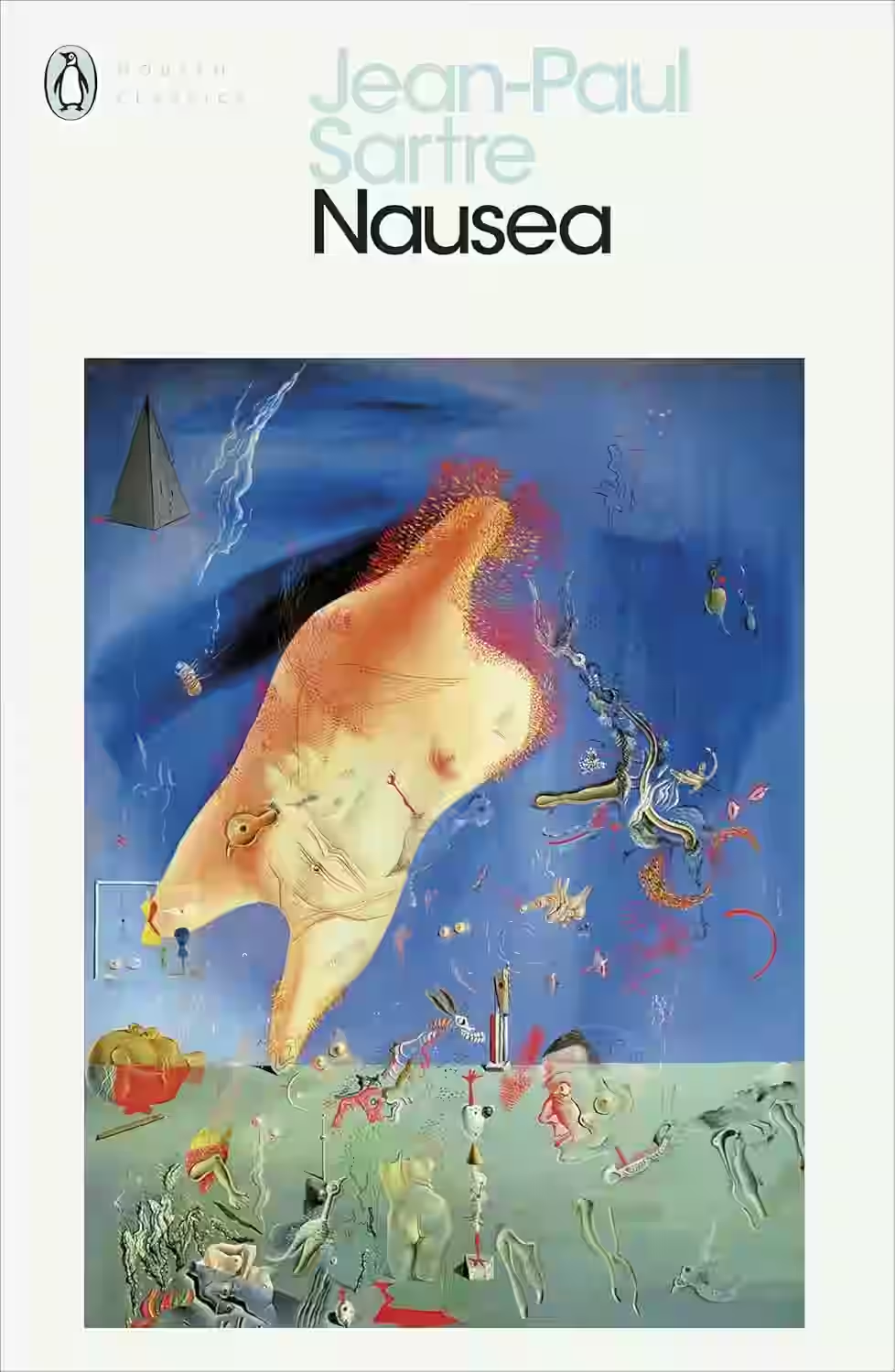
Nausea
Jean-Paul Sartre's 'Nausea' is a seminal existential novel that delves into the themes of existential angst and the search for meaning in an indifferent universe. Through the introspective diary entries of Antoine Roquentin, a solitary historian residing in the fictional town of Bouville, the novel explores the overwhelming sensation of 'nausea'—a profound discomfort and disorientation felt as he confronts the absurdity of existence. Sartre's nuanced philosophical insights underscore the fluid and often despairing nature of human consciousness, making the narrative a cornerstone of existential literature. 'Nausea' invites readers to ponder deeply their own existence and the essence of freedom, responsibility, and self-definition in a world devoid of inherent meaning.
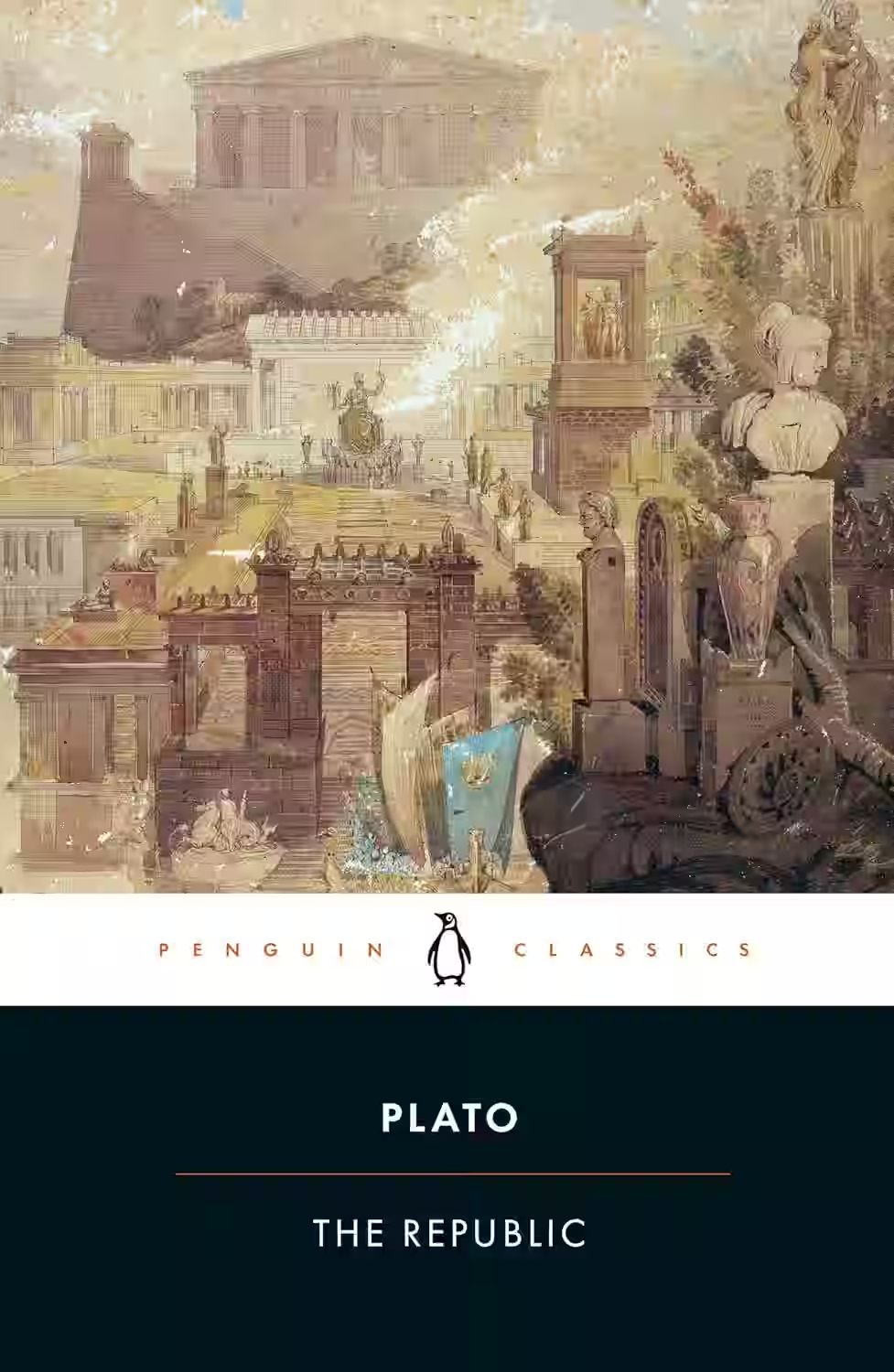
The Republic
by Plato
Plato’s The Republic explores justice, governance, and the ideal state through Socratic dialogue. Set in ancient Athens, it proposes a society ruled by philosopher-kings, where reason and virtue guide decision-making. The text investigates the nature of truth, education, and the soul, famously introducing the Allegory of the Cave. A cornerstone of Western philosophy, it challenges readers to question reality, politics, and morality, remaining profoundly relevant in political and ethical discourse.
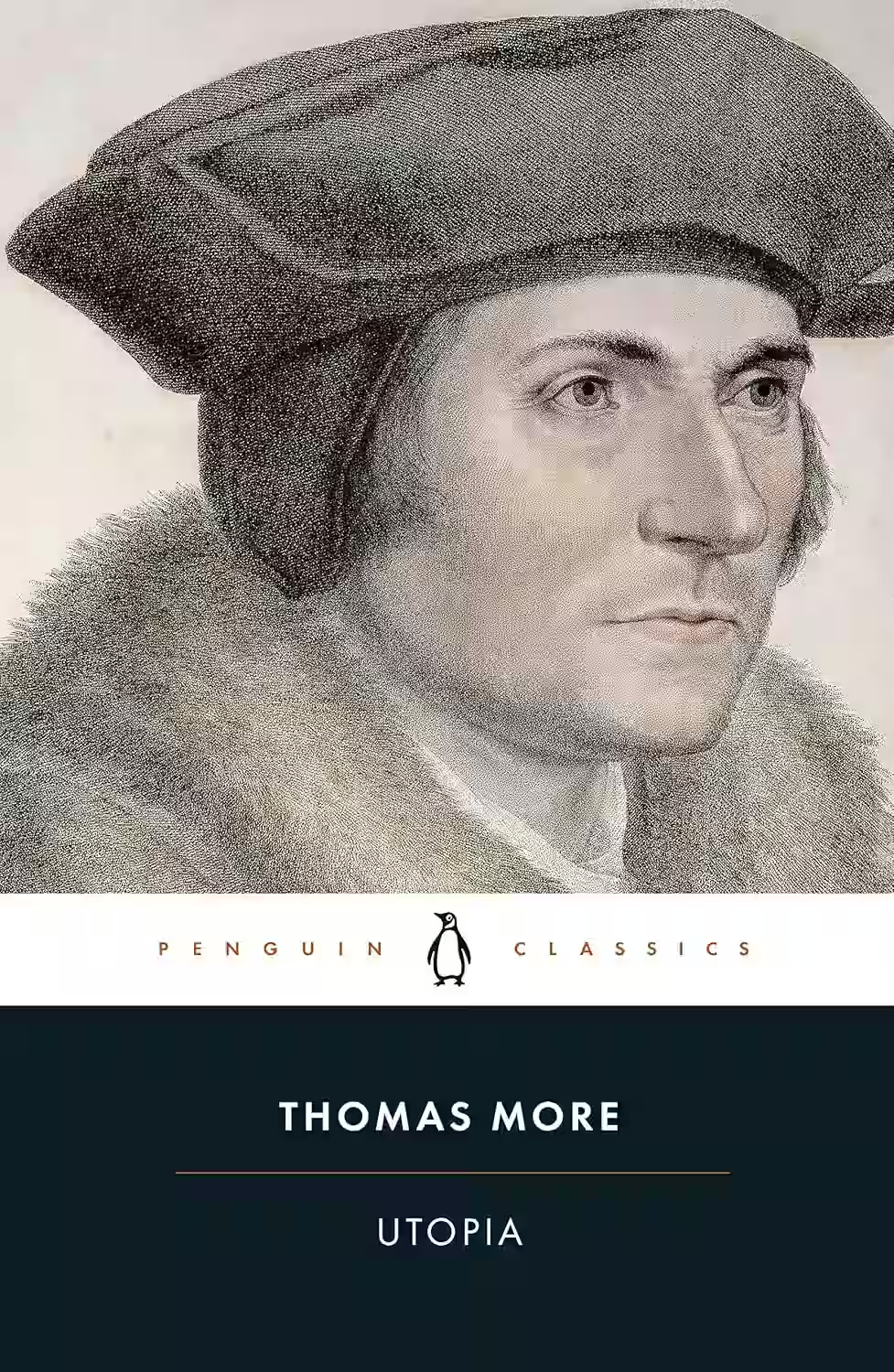
Utopia
by Thomas More
Utopia is Thomas More's work of philosophical fiction, imagining the island of the title, on which thousands live in peace and harmony. Through dialogue and correspondence between Raphael Hythloday and his friends and contemporaries, More explores the theories behind war, political disagreements, social quarrels and wealth distribution, and goes into the day to day lives of those citizens enjoying freedom from fear, oppression, violence and suffering. This vision of an ideal world is also a scathing satire of Europe in the sixteenth century which has been hugely influential since publication, shaping utopian fiction even to the present day.
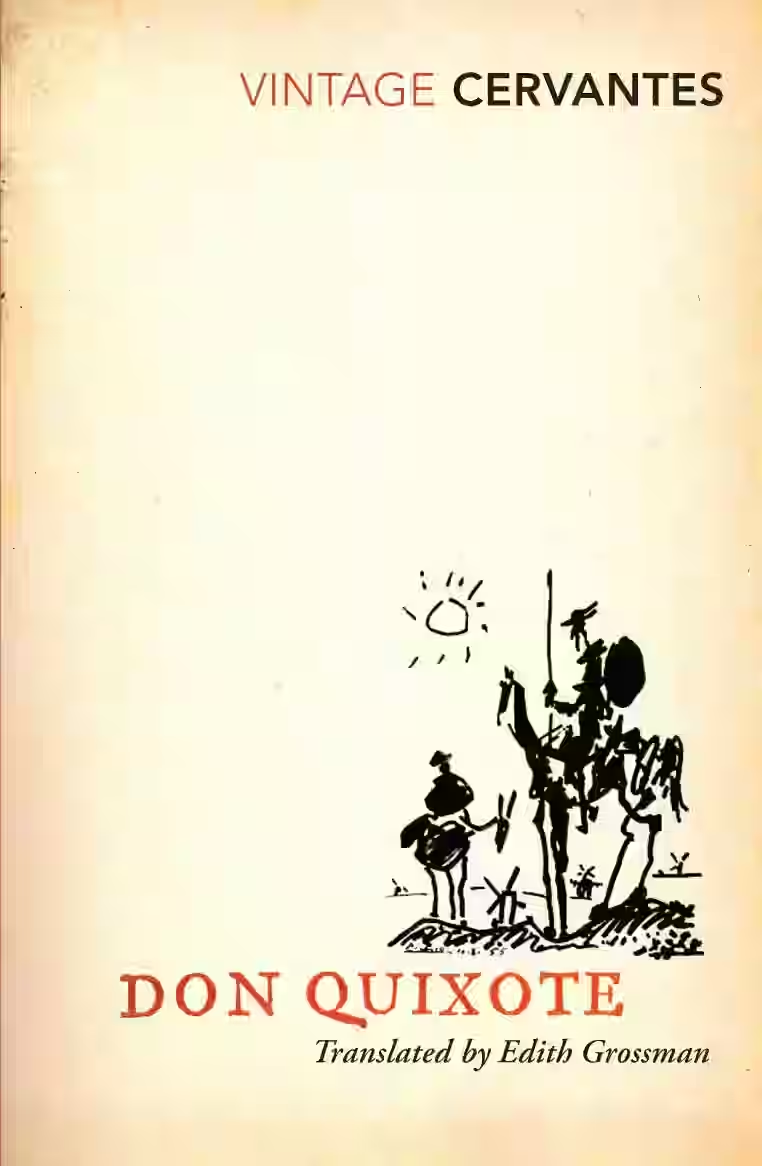
Don Quixote
An aging Spanish nobleman, inspired by tales of chivalry, becomes the errant knight Don Quixote. Accompanied by his loyal squire Sancho Panza, he embarks on absurd and touching adventures, battling windmills and chasing idealistic dreams. Don Quixote is a rich, satirical masterpiece that examines reality versus illusion, the power of literature, and the enduring human desire to find meaning and purpose—even when the world calls it madness.
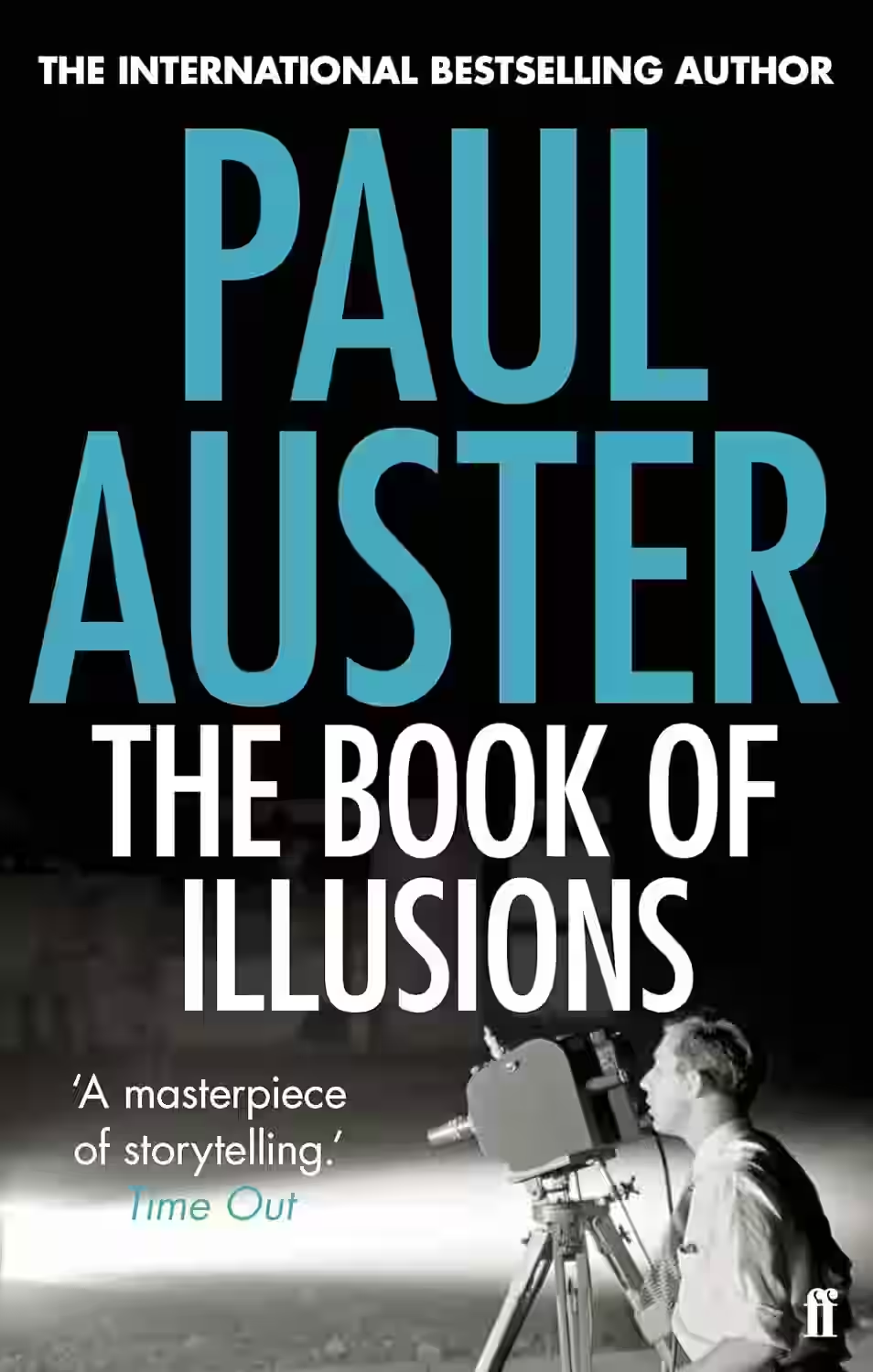
The Book of Illusions
by Paul Auster
Paul Auster's 'The Book of Illusions' delves deep into themes of grief, identity, and redemption through a layered narrative that intertwines the lives of its protagonist, David Zimmer, and the enigmatic silent film star Hector Mann. Following a family tragedy, Zimmer immerses himself in Mann's films, writing a book that ultimately pulls him into a complex web of mystery and revelation. Auster masterfully crafts a thought-provoking exploration of how one's life can be dramatically altered by chance encounters and hidden truths, blending elements of noir and existential reflection. The novel captivates with its intricate plot and introspective prose, leaving readers to ponder the illusions that shape reality.
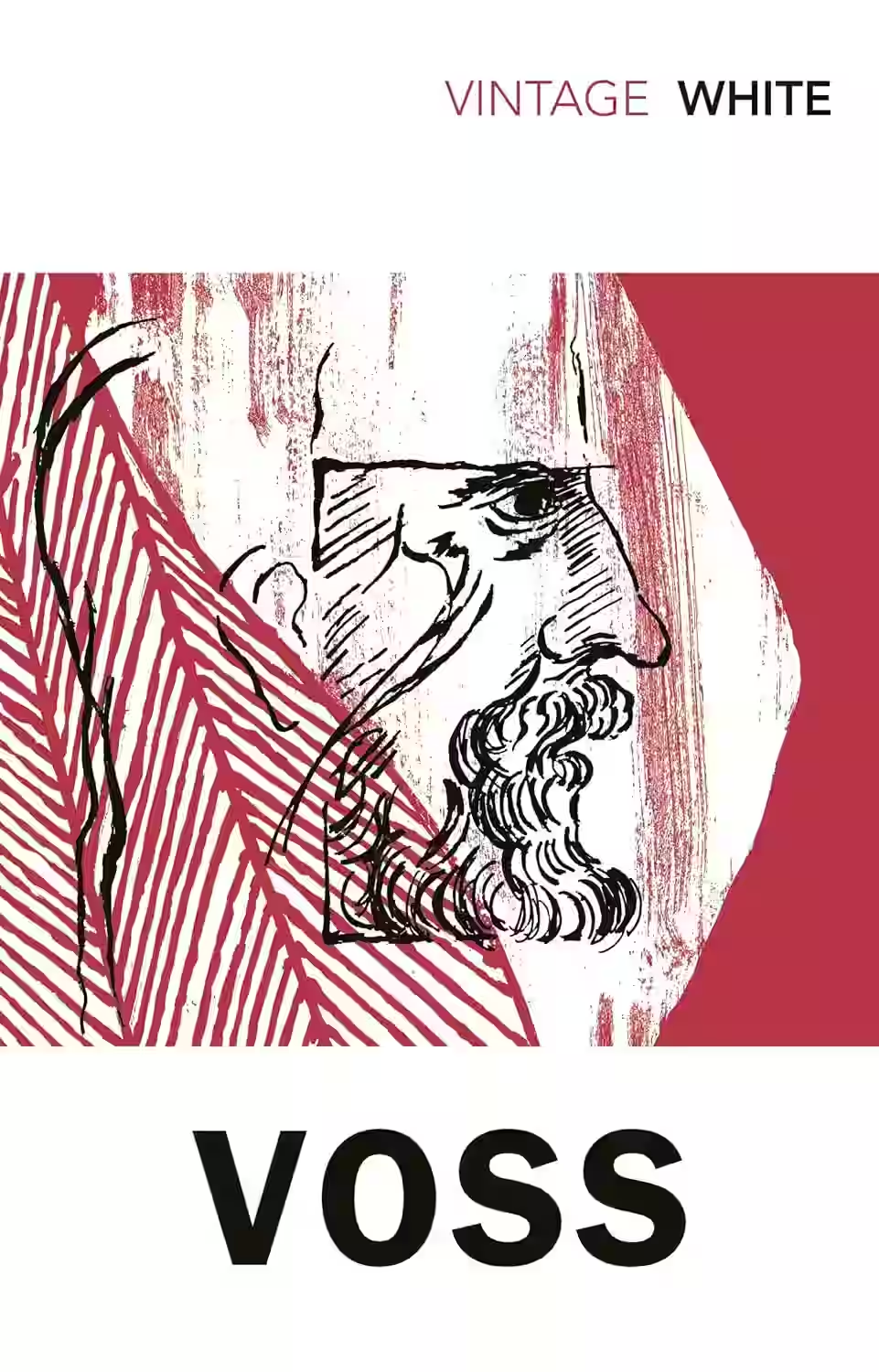
Voss
Voss is an epic and psychologically rich novel set in 19th-century Australia, following the ambitious and enigmatic explorer Johann Ulrich Voss on a perilous expedition into the continent's interior. Patrick White delves into themes of ambition, obsession, the relationship between humanity and nature, and the profound impact of the Australian landscape on the human psyche.
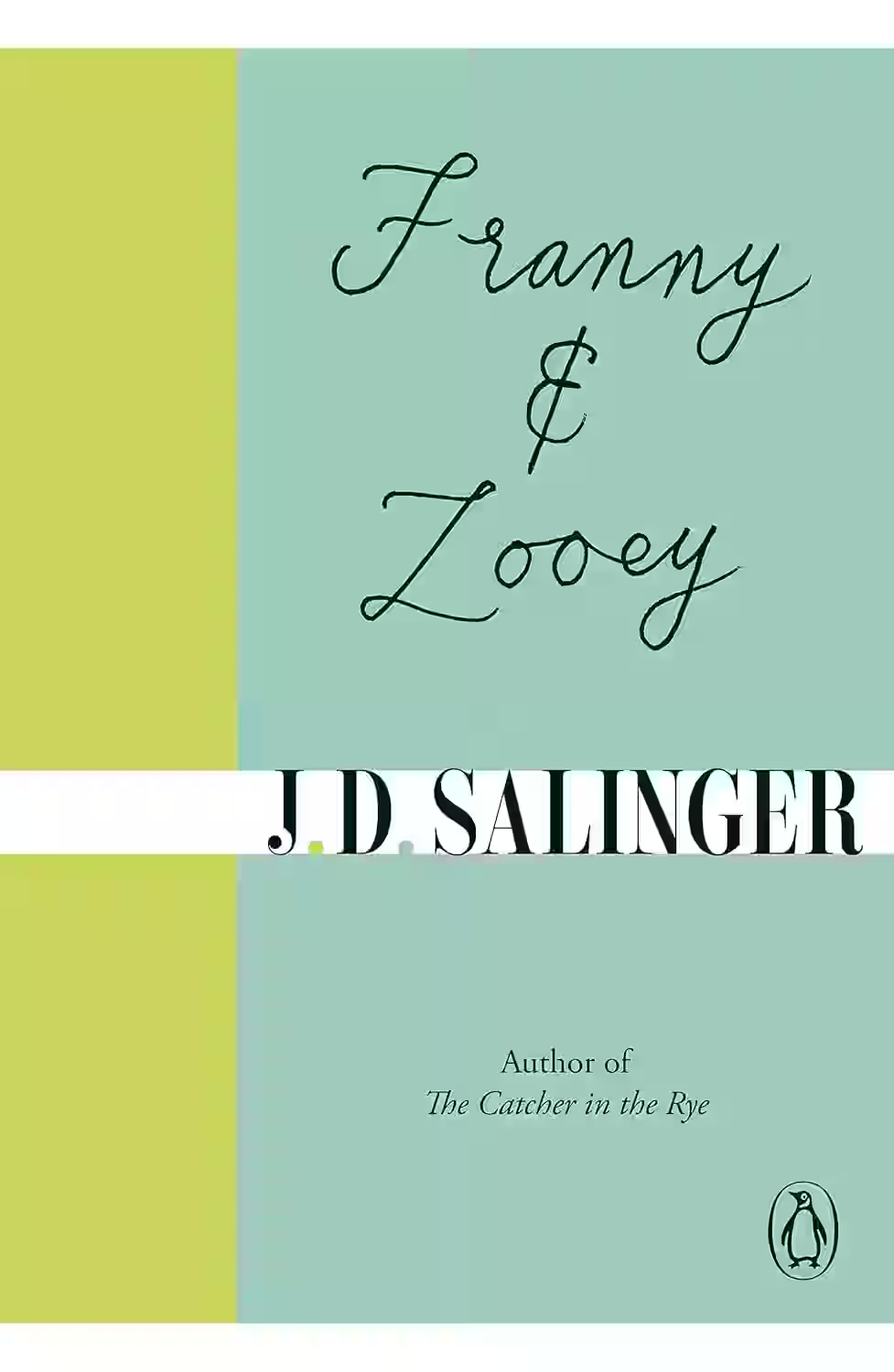
Franny and Zooey
J.D. Salinger's 'Franny and Zooey' is a compelling exploration of spiritual angst and intellectual unraveling within the affluent Glass family. The novel, which consists of a short story and a novella, delves into the existential crises of Franny Glass, a disenchanted college student, and her brother Zooey, an actor with a sharp wit and deeper understanding of his sister's turmoil. Themes of identity, religion, and the pressures of intellectual pretension permeate this work, which is noted for its incisive dialogue and rich character development. Salinger's unique narrative style captures the intricate dynamics of family and the quest for authenticity within a superficial society, leaving a lasting impact on readers who appreciate introspective literature.

To the Lighthouse
The serene and maternal Mrs. Ramsay, the tragic yet absurd Mr. Ramsay, and their children and assorted guests are on holiday on the Isle of Skye. From the seemingly trivial postponement of a visit to a nearby lighthouse, Woolf constructs a remarkable, moving examination of the complex tensions and allegiances of family life and the conflict between men and women. As time winds its way through their lives, the Ramsays face, alone and simultaneously, the greatest of human challenges and its greatest triumph—the human capacity for change.

A Short Stay in Hell
In 'A Short Stay in Hell' by Steven L. Peck, the protagonist Soren Johansson finds himself in a vast library after his death, where he discovers that his version of the afterlife involves an eternity of reading every book ever written in a search for the one that contains the story of his own life. As Soren grapples with the incomprehensible scale of the library and the philosophical implications of his new reality, the book delves into profound themes of existence, free will, and the nature of consciousness. Peck's exploration of the limits of human knowledge and the vastness of the universe will challenge readers' perspectives on life and death.
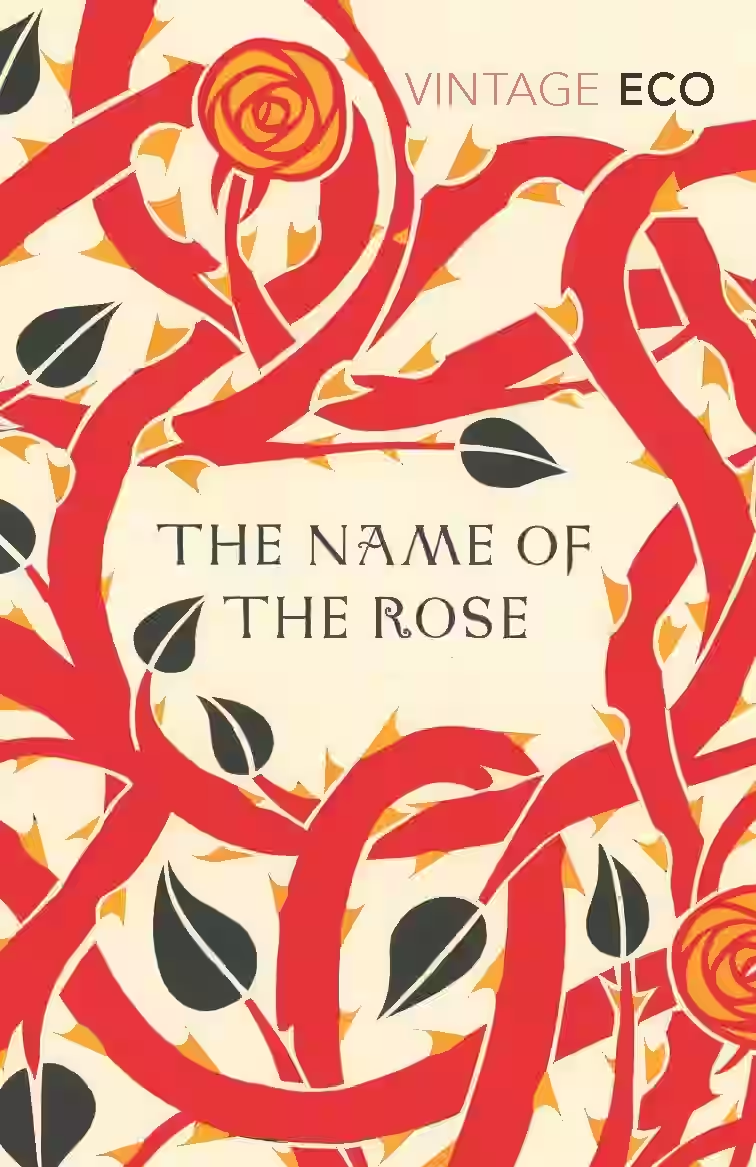
The Name of the Rose
by Umberto Eco
Umberto Eco's 'The Name of the Rose' is a captivating historical murder mystery set in an Italian monastery during the 14th century. The story follows the astute monk detective, Brother William of Baskerville, and his novice Adso as they investigate a series of bizarre deaths within the monastery's walls. Eco weaves together themes of religious power, politics, and the clash between reason and faith, creating a suspenseful and intellectually stimulating narrative. The intricate plot, rich historical detail, and philosophical undertones make this novel a compelling read for those interested in historical fiction and intellectual mysteries.